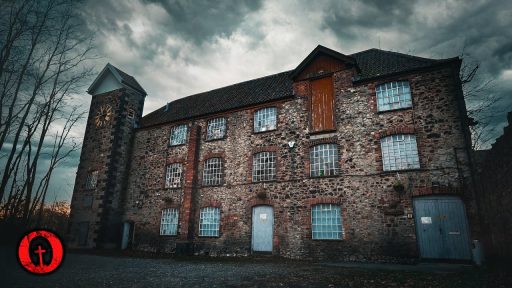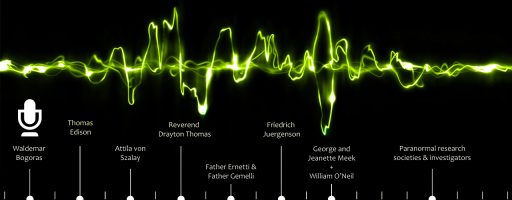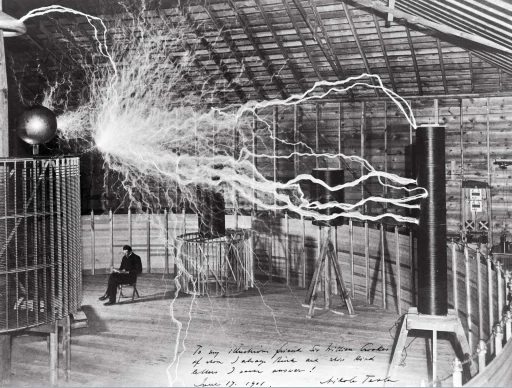Further Reading:
- Scientific Committee Debunking Skeptics – https://www.debunkingskeptics.com
- Dr Gary Schwartz True Skepticism – https://www.drgaryschwartz.com
Skepticism in Paranormal Research
In the realm of paranormal investigation, the term “skeptic” is often used, but not all skeptics are created equal. Understanding the different approaches to skepticism is crucial for anyone interested in paranormal research, whether as an investigator or an observer. Let’s delve into the two primary types of skeptics: true skeptics and pseudo-skeptics.
The Essence of Skepticism
At its core, skepticism is a philosophical approach that questions the validity of claims lacking empirical evidence. In scientific enquiry, skepticism plays a vital role in maintaining rigorous standards and preventing the acceptance of unfounded beliefs. However, the application of skepticism can vary widely, especially in fields as controversial as paranormal research.
True Skeptics: The Open-Minded Enquirers
Characteristics of True Skeptics
True skeptics, also known as open-minded skeptics, approach paranormal claims with a balance of curiosity and caution. Their primary goal is the pursuit of truth, regardless of where it leads. Here are some key traits of true skeptics:
- Suspension of Judgement: They avoid jumping to conclusions, recognising that initial impressions can be misleading.
- Intellectual Curiosity: True skeptics ask probing questions to understand new concepts or claims thoroughly.
- Balanced Scrutiny: They apply critical thinking equally to all sides of an argument, including their own beliefs.
- Flexibility of Mind: Open to changing their views when presented with compelling evidence.
- Comfort with Uncertainty: They accept that some phenomena may remain unexplained without forcing a premature conclusion.
The Methodology of True Skeptics
True skeptics in paranormal research employ a methodical and unbiased approach:
- Thorough Investigation: They examine claims in detail, considering all available evidence.
- Hypothesis Testing: Formulating and testing multiple explanations for paranormal phenomena.
- Collaboration: Often willing to work with believers to design fair tests of paranormal claims.
- Respect for Eyewitnesses: Whilst maintaining skepticism, they treat eyewitness accounts seriously and respectfully.
- Acknowledgement of Limitations: They recognise the limits of current scientific understanding and remain open to expanding those boundaries.
The Role of True Skeptics in Advancing Knowledge
True skeptics play a crucial role in paranormal research by:
- Encouraging rigorous methodology in investigations.
- Promoting critical thinking and analysis of evidence.
- Fostering an environment where new ideas can be explored responsibly.
- Helping to distinguish between genuine phenomena and misidentifications or hoaxes.
Pseudo-Skeptics: The Closed-Minded Debunkers
Characteristics of Pseudo-Skepticism
Pseudo-skepticism, whilst masquerading as genuine skepticism, is characterised by a dogmatic adherence to materialist explanations and a dismissive attitude towards paranormal claims.
- Immediate Dismissal: They often reject paranormal claims outright without proper investigation.
- Selective Scrutiny: Apply critical thinking only to ideas that challenge their worldview, not to their own beliefs.
- Ridicule as a Tool: Often resort to mockery or ad hominem attacks against those proposing paranormal explanations.
- Inflexibility: Unwilling to change their stance regardless of new evidence presented.
- Overconfidence in Current Knowledge: Assume that science has explained everything, leaving no room for unexplained phenomena.
The methodology of Pseudo-Skeptics
Pseudo-skeptics in paranormal research often:
- Cherry-pick Evidence: Focus solely on evidence that supports their pre-existing beliefs.
- Use Logical Fallacies: Employ straw man arguments or false dichotomies to discredit paranormal claims.
- Misuse of Occam’s Razor: Insist on mundane explanations even when they require more assumptions than paranormal ones.
- Dismiss Eyewitness Accounts: Categorically label all personal experiences as unreliable, anecdotal or delusional.
- Appeal to Authority: Rely heavily on the opinions of skeptical organisations without critically examining their methods or biases.
The Impact of Pseudo-Skepticism on Research
Whilst skepticism is crucial in scientific enquiry, pseudo-skepticism can hinder progress by:
- Discouraging open-minded research into unexplained phenomena.
- Creating a hostile environment that deters serious researchers.
- Potentially missing genuine anomalies due to premature dismissal.
- Reinforcing public misconceptions about the nature of scientific enquiry.
Navigating the Middle Ground
The Importance of Balance
In paranormal research, as in any field of enquiry, balance is key. Neither uncritical acceptance nor dogmatic rejection serves the pursuit of knowledge. The most productive approach lies somewhere in the middle:
- Critical but Open: Maintain a critical eye whilst remaining open to new possibilities.
- Evidence-Based: Base conclusions on the quality and quantity of evidence, not preconceived notions.
- Methodological Rigour: Apply strict scientific methods to paranormal investigations.
- Interdisciplinary Approach: Incorporate insights from various fields, including psychology, physics, and anthropology.
- Ethical Considerations: Respect the beliefs and experiences of others whilst maintaining scientific integrity.
Self-Reflection for Researchers
For those involved in paranormal research, regular self-reflection is crucial. Consider asking yourself:
- “Am I approaching this topic with genuine curiosity or a desire to confirm my existing beliefs?”
- “Do I apply the same level of scrutiny to all claims, including those I agree with?”
- “Am I willing to change my mind if presented with compelling evidence?”
- “Do I treat those with differing views respectfully, even if I disagree with their conclusions?”
The Future of Paranormal Research
As our understanding of the universe expands, so too does the potential for discovering phenomena that challenge our current paradigms. The field of paranormal research, when approached with true skepticism, has the potential to:
- Uncover new aspects of human perception and cognition.
- Explore the boundaries of known physical laws.
- Provide insights into historical and cultural beliefs about the supernatural.
- Advance our understanding of rare or little-understood natural phenomena.
Embracing Complexity
The world of paranormal research is complex, often existing in the grey areas of our scientific understanding. Embracing this complexity, rather than seeking simple yes-or-no answers, can lead to more fruitful investigations and discussions.
In the end, the goal of any scientific endeavour, including paranormal research, should be the pursuit of truth and understanding. Whether one identifies as a believer, a skeptic, or somewhere in between, approaching the subject with an open mind, critical thinking skills, and respect for evidence and each other is crucial.
True skepticism, with its balance of curiosity and caution, offers the most promising path forward in exploring reported paranormal phenomena. By fostering an environment where ideas can be freely explored and rigorously tested, we open the door to potential discoveries that could reshape our understanding of the world around us.




